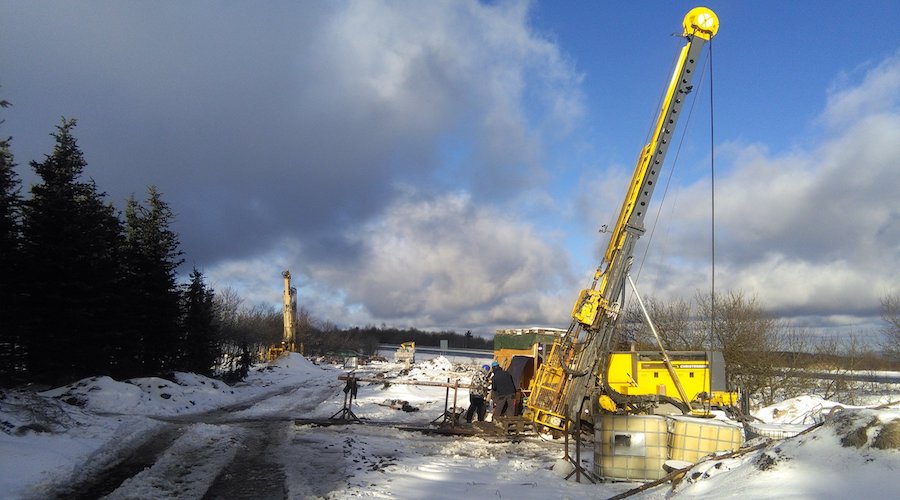EU Funding for Cinovec Lithium Project
The European Union has confirmed a $36 million grant to support the Cinovec lithium project in the Czech Republic, as part of its broader clean energy and critical raw materials strategy. Managed by European Metals Holdings (EMH), which holds a majority stake in the project, the funding is sourced from the EU’s Just Transition Fund and will be administered by the Czech Ministry of Environment. However, the grant is conditional on the approval of an environmental impact assessment (EIA) by the end of this year.
Strategic Importance of Cinovec
Located in the Krusné Hory Mountains near the German border, Cinovec is the largest hard rock lithium resource in the EU. It has been designated a Strategic Project under the EU Critical Raw Materials Act and a Strategic Deposit by the Czech government, which should facilitate faster permitting and institutional support. Lithium, a key component in electric vehicle batteries and renewable energy storage, is central to Europe’s transition to a low-carbon economy, and Cinovec is poised to reduce the bloc’s reliance on imported critical minerals.
Project Development and Financials
EMH plans to use the grant to accelerate development, with executive chairman Keith Coughlan noting that the funding will help “fast-track critical path items” ahead of construction. The company has engaged DRA Global Limited to complete a definitive feasibility study (DFS) by the end of 2025, and construction permits could be secured within 24 months if environmental approvals are obtained. Separately, EMH reported a cash balance of A$4.3 million with no debt as of the end of the first quarter.
Analysis and Perspective
While the EU’s financial backing is a significant boost for Cinovec, questions remain about the project’s timeline and environmental challenges. The conditional nature of the grant, tied to the EIA approval, introduces uncertainty, especially given the tight deadline for submission. Additionally, while Cinovec’s strategic status may expedite permitting, local opposition or unforeseen regulatory hurdles could still delay progress. On the positive side, the project aligns with Europe’s urgent need for domestic lithium sources, and successful development could position the EU as a leader in sustainable battery production. However, stakeholders must balance speed with environmental responsibility to ensure long-term viability.
